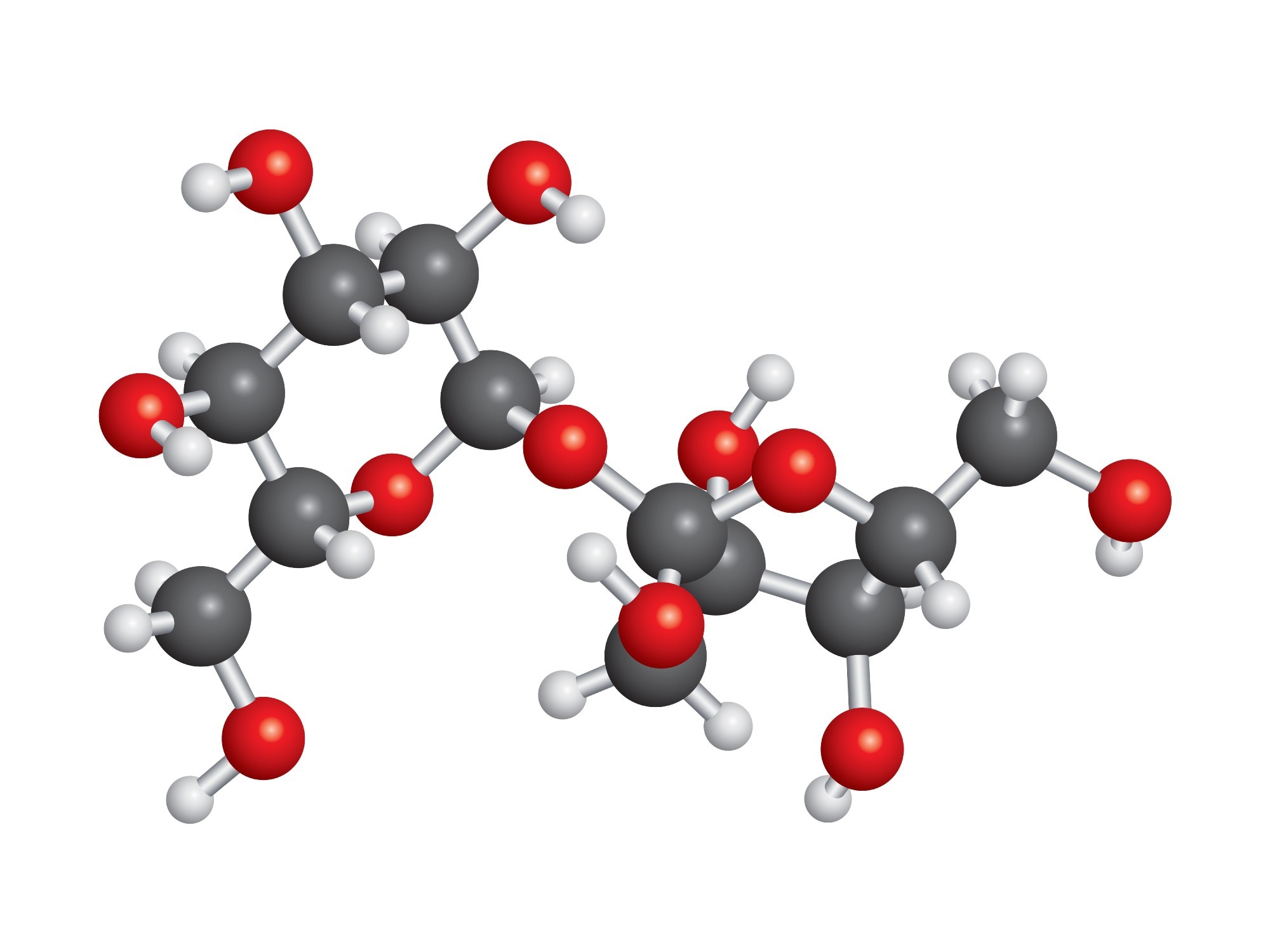High-Performance Polymers: Advanced Materials for Industry
High-Performance Polymers: Advanced Materials for Industry
Blog Article
Discovering the Varied Applications and Advantages of Polymers in Different Industries
Polymers, with their diverse variety of residential properties and capabilities, have ended up being crucial in different markets, each reaping distinct benefits from their application. From enhancing safety and security and efficiency in the vehicle industry to changing medical devices in the health care sector, polymers play a pivotal role.
Automotive Market Applications
Polymers play a crucial function in improving the efficiency and longevity of numerous elements within the vehicle industry. These flexible products are thoroughly used in the production of various parts, ranging from indoor elements to under-the-hood applications. One famous use polymers in the auto market is in the manufacturing of light-weight parts. By replacing typical metal parts with polymer-based options, vehicles can accomplish improved fuel efficiency without endangering on toughness or safety and security.

Health Care Industry Advantages
In numerous health care applications, the benefits of making use of polymers are commonly recognized for their diverse series of beneficial properties. Polymers play an essential function in the medical care market because of their adaptability, biocompatibility, and cost-effectiveness. Among the main benefits of polymers in medical care is their ability to be tailored to certain demands, such as flexibility, durability, and biodegradability, making them suitable for a wide variety of medical applications.
Polymer-based products are thoroughly utilized in medical tools, such as catheters, implants, prosthetics, and medication shipment systems, because of their biocompatibility and ability to resemble natural tissues. These materials can decrease the threat of allergies or denials, improving individual security and results. In addition, polymers are light-weight, making them suitable for wearable medical tools and making sure individual convenience.
Additionally, polymers allow the advancement of innovative treatment methods, such as hydrogels for tissue engineering and nanocomposites for targeted drug shipment. Their ease of handling and sanitation makes them crucial for preserving high requirements of health in medical care setups. On the whole, the diverse advantages of polymers contribute significantly to improvements in clinical innovation and person treatment.
Environmental Advantages of Polymers

In addition, polymers can add to energy financial savings because of their lightweight nature. In you can try these out industries such as transportation, light-weight polymer materials can help in reducing gas usage and greenhouse gas exhausts. Additionally, polymers can make it possible for the growth of energy-efficient items such as insulation materials that boost energy preservation in structures.
Additionally, polymers play an essential duty in lowering water air pollution. For instance, the usage of polymer-based purification systems can efficiently eliminate contaminants and pollutants from wastewater, guarding water resources and communities. Overall, the environmental benefits of polymers make them important properties in promoting sustainability and green practices across different markets.
Polymers in Electronics and Technology
Considering the raising need for innovative and sustainable solutions in modern-day industries, the assimilation of innovative polymer technologies in the world of electronic devices and technology has actually arised as an essential technique for driving efficiency and efficiency. Polymers have transformed the electronics sector by making it possible for the production of lighter, much more versatile, and durable digital devices. From smart devices to medical devices, polymers play an essential duty in boosting product design and functionality.
One significant benefit of polymers in electronics is their shielding residential properties, which aid secure delicate digital parts from environmental aspects and electric disturbance. Additionally, polymers are necessary in the development of flexible screens, wearable modern technology, and site here printed electronic devices, offering endless possibilities for producing clever and interconnected tools.
Moreover, using polymers in electronic packaging has actually caused improvements in miniaturization and thermal management, improving the overall efficiency and integrity of digital systems. As innovation proceeds to evolve, the versatility and flexibility of polymers will unquestionably drive even more advancement in the electronics market, forming the future of modern technology.
Role of Polymers in Building and Framework
Polymers offer various advantages in the building market due to their flexibility, resilience, and cost-effectiveness. One essential role of polymers in building and construction is their usage in finishings and sealants, offering security versus ecological variables such as wetness, UV radiation, and rust.
Additionally, polymers play a vital role in lasting construction practices find more information by enabling the development of energy-efficient structures. Protecting products made from polymers help regulate indoor temperature levels, decreasing the need for heating and cooling systems and ultimately reducing energy usage - Polymers.
Conclusion
Finally, polymers play a crucial duty in various markets such as automobile, health care, ecological, electronics, and building and construction. Their functional buildings make them valuable in producing cutting-edge options and products. From enhancing fuel efficiency in cars to enhancing medical devices, polymers provide countless benefits. Additionally, their effect on minimizing waste and promoting sustainability highlights their value in modern-day applications. The extensive use polymers demonstrates their substantial contribution to advancing technology and enhancing high quality of life.
Report this page